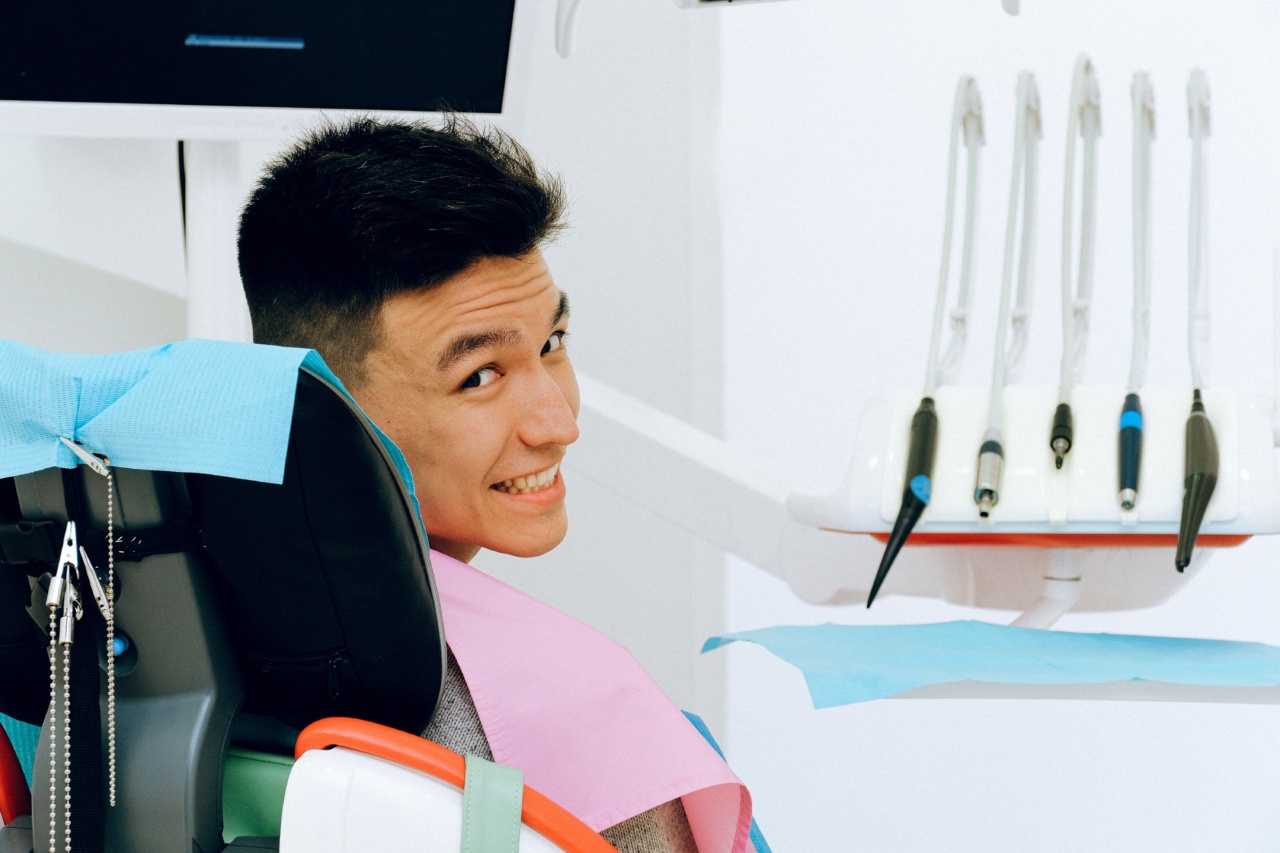Oral cancer is a type of cancer that develops in the mouth or throat. It can affect anyone, but it’s more common in men and people over the age of 50. The good news is that oral cancer can be treated and cured if it’s caught early.
In this article, we’ll talk about the symptoms of oral cancer and what you can do to spot it early.
What is Oral Cancer?
Oral cancer is a type of cancer that develops in the tissues of the mouth and throat. It can affect the lips, tongue, cheeks, gums, roof or floor of the mouth, and the tonsils.
It usually starts as a small, painless white or red patch on the lining of the mouth or tongue. Over time, it can grow and become cancerous.
What are the Symptoms of Oral Cancer?
The symptoms of oral cancer can vary depending on the type and stage of the cancer. Some of the most common symptoms include:.
- A sore throat that lasts longer than two weeks
- A sore or lump in the mouth or throat
- A white or red patch on the lining of the mouth or tongue
- Difficulty swallowing or chewing
- A numb feeling in the mouth or tongue
- A change in the way your teeth fit together when you bite down
- A persistent earache on one side
- Unexplained weight loss
- A cough that won’t go away
- Bleeding from the mouth or throat
If you notice any of these symptoms, it’s important to see your dentist or doctor as soon as possible. Early detection is key to successful treatment.
Who is at Risk for Oral Cancer?
Anyone can develop oral cancer, but there are some risk factors that can increase your chances of getting it. Some of these risk factors include:.
- Using tobacco products, including cigarettes, cigars, and chewing tobacco
- Regularly consuming alcohol
- Having a family history of cancer
- Being over the age of 50
- Having a weakened immune system
- Being exposed to the human papillomavirus (HPV)
If you have one or more of these risk factors, it’s important to be vigilant about your oral health and to see your dentist or doctor for regular checkups.
How is Oral Cancer Diagnosed?
If your dentist or doctor suspects that you may have oral cancer, they will perform a thorough examination of your mouth and throat. They may also order further tests, such as a biopsy, to confirm the diagnosis.
If you are diagnosed with oral cancer, your doctor will work with you to develop a treatment plan based on the type and stage of the cancer, as well as your overall health and medical history.
How Can You Prevent Oral Cancer?
While there’s no surefire way to prevent oral cancer, there are several things you can do to reduce your risk:.
- Avoid tobacco products, including cigarettes, cigars, and chewing tobacco
- Drink alcohol only in moderation
- Eat a healthy, balanced diet
- Protect your lips from the sun with a lip balm that contains SPF
- Practice good oral hygiene by brushing twice a day and flossing daily
- See your dentist or doctor regularly for checkups and oral cancer screenings
By taking these steps, you can help reduce your risk of developing oral cancer and increase your chances of catching it early if it does occur.
Final Thoughts
Oral cancer is a serious condition that can have devastating consequences if it’s not caught and treated early.
By being aware of the symptoms of oral cancer and taking steps to reduce your risk, you can protect yourself and catch this condition early if it does occur.

























